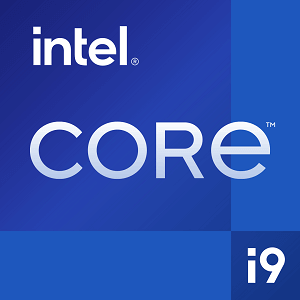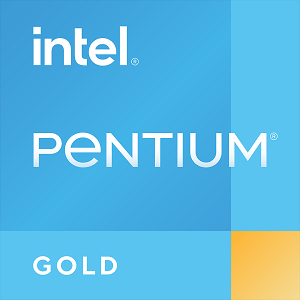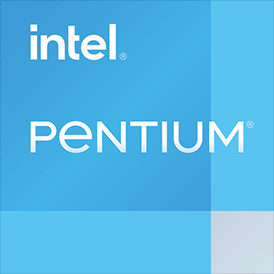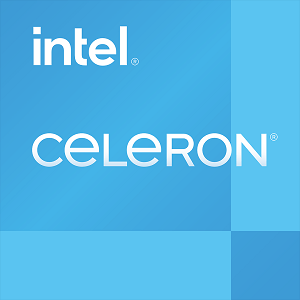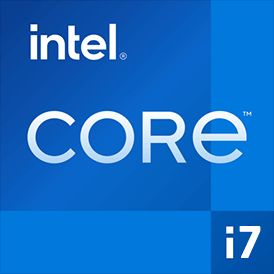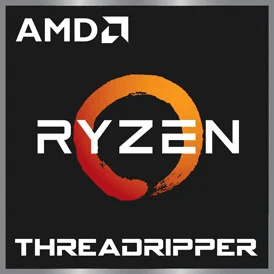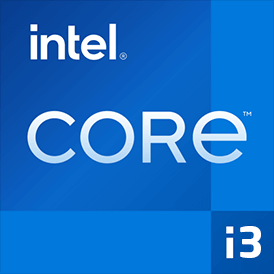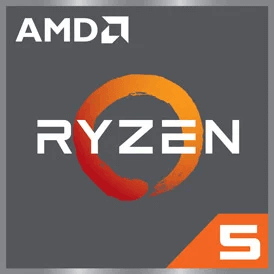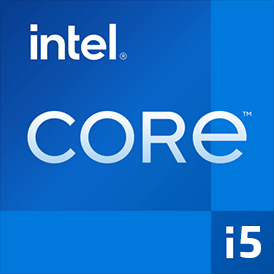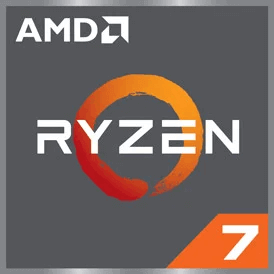KaiXian KX 7000 8 vs Intel Core i9 14900KS
We compared two desktop CPUs: KaiXian KX 7000 8 with 8 cores 3.0GHz and Intel Core i9 14900KS with 24 cores 3.2GHz . You will find out which processor performs better in benchmark tests, key specifications, power consumption and more.
Main Differences
KaiXian KX 7000 8 's Advantages
More modern manufacturing process (7nm vs 10nm)
Lower TDP (95W vs 150W)
Intel Core i9 14900KS 's Advantages
Higher specification of memory (5600 vs 4800)
Larger memory bandwidth (89.6GB/s vs 76.8GB/s)
Newer PCIe version (5.0 vs 4.0)
Higher base frequency (3.2GHz vs 3.0GHz)
Larger L3 cache size (36MB vs 32MB)
Score
Benchmark
Cinebench R23 Single Core
KaiXian KX 7000 8
584
Intel Core i9 14900KS
+310%
2398
Cinebench R23 Multi Core
KaiXian KX 7000 8
3595
Intel Core i9 14900KS
+1039%
40976
Geekbench 6 Single Core
KaiXian KX 7000 8
823
Intel Core i9 14900KS
+318%
3444
Geekbench 6 Multi Core
KaiXian KX 7000 8
3813
Intel Core i9 14900KS
+529%
24020
General Parameters
Dec 2023
Release Date
Mar 2024
ZHAOXIN
Manufacturer
Intel
Desktop
Type
Desktop
x86-64
Instruction Set
x86-64
Century Avenue
Core Architecture
Raptor Lake Refresh
KX-7000/8
Processor Number
i9-14900KS
LGA/BGA
Socket
LGA-1700
C-1190
Integrated Graphics
UHD Graphics 770
Package
7 nm
Manufacturing Process
10 nm
95 W
Power Consumption
150 W
-
Max Turbo Power Consumption
253 W
-
Peak Operating Temperature
100°C
CPU Performance
8
Performance Cores
8
8
Performance Core Threads
16
3.0 GHz
Performance Core Base Frequency
3.2 GHz
3.7 GHz
Performance Core Turbo Frequency
6.2 GHz
0
Efficiency Cores
16
Efficiency Core Threads
16
Efficiency Core Base Frequency
2.4 GHz
-
Efficiency Core Turbo Frequency
4.5 GHz
8
Total Core Count
24
8
Total Thread Count
32
100 MHz
Bus Frequency
100 MHz
30
Multiplier
32x
-
L1 Cache
80 K per core
4 MB
L2 Cache
2 MB per core
32 MB
L3 Cache
36 MB shared
No
Unlocked Multiplier
Yes
Memory Parameters
DDR5-4800, DDR4-3200
Memory Types
DDR5-5600, DDR4-3200
128 GB
Max Memory Size
192 GB
2
Max Memory Channels
2
76.8 GB/s
Max Memory Bandwidth
89.6 GB/s
No
ECC Memory Support
Yes
Graphics Card Parameters
true
Integrated Graphics
true
-
GPU Base Frequency
300 MHz
GPU Max Dynamic Frequency
1650 MHz
Shader Units
256
Texture Units
16
Raster Operation Units
8
Execution Units
32
Power Consumption
15 W
0 TFLOPS
Graphics Performance
0.78 TFLOPS

